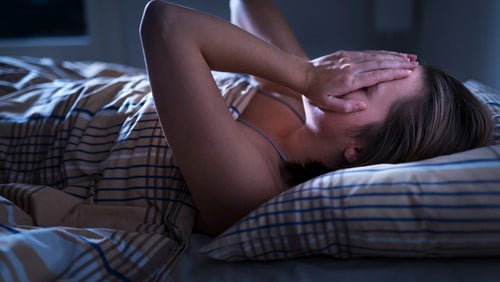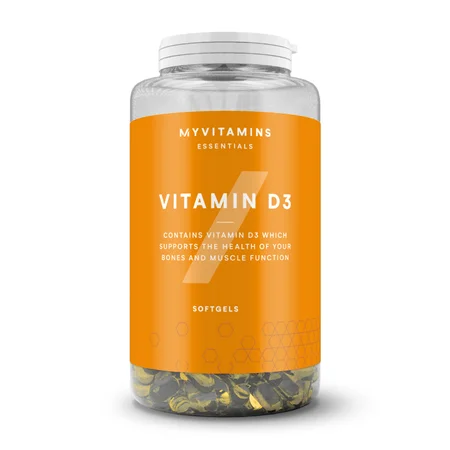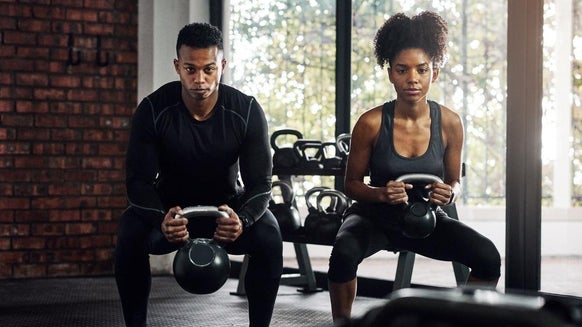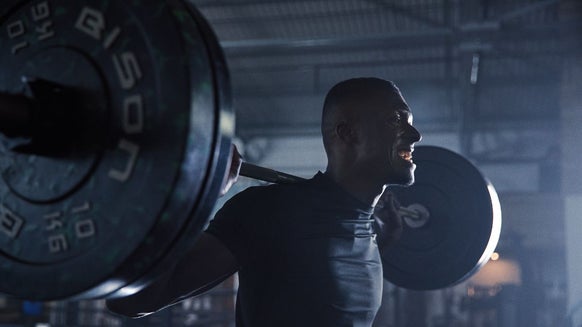
Whether it’s deliberate, or you were just ‘resting your eyes for a moment’ and slipped off, a good nap can be hard to resist.
A recent study by Michigan State University’s sleep and learning lab suggests that a nap during the day combined with half a night’s sleep is not as beneficial as a full night's sleep, however.
Instead of measuring sleep by the amount of time someone’s asleep, it should actually be measured by the amount of slow-wave sleep (SWS) that they get. This is the deepest and most restorative part of sleep and when you’re at your most relaxed.1 When the body goes for a period without sleep, all day for example, it will need SWS, meaning you will enter your slow-wave sleep shortly after falling asleep.
Jump to:The study
275 college-aged students were recruited for the study. After arriving at the sleep and learning lab, the participants completed cognitive tasks, to monitor their attention and placekeeping, or their ability to complete a series of steps in an order regardless of interruptions. They were then split into three groups. The first was sent to go and sleep after the tasks, the second stayed in the lab and were allowed a 30–60-minute nap and the third were kept awake in their sleep deprived condition.
The next morning, the participants completed the same cognitive tasks to see if there were differing results between the members of different groups.
The Results
It was clear from the results that the second group still suffered from sleep deprivation as they made many more errors than the first group, despite having been allowed a nap.1As you might expect, the third group made the most errors, followed by the second group and then the first. However, every additional 10 minutes of SWS gained by the participants, resulted in errors being reduced by 4%.1 Whilst 4% doesn’t sound like a lot, in a fast-paced, high-pressure job such as being a surgeon, a nap resulting in 10 more minutes of SWS could literally be the difference between life and death. Here are some tips to fall asleep faster:
Take Home Message
It’s without a doubt important to prioritise a good night's sleep rather than relying on naps, however, we know that things get in the way, and this isn’t always possible. If this is the case gaining an extra 10 minutes of SWS will effectively make you 4% more awake. Basically, you should listen to your body, and if you need that extra sleep, who are we to tell you otherwise.
Enjoy this article?READ THESE NEXT
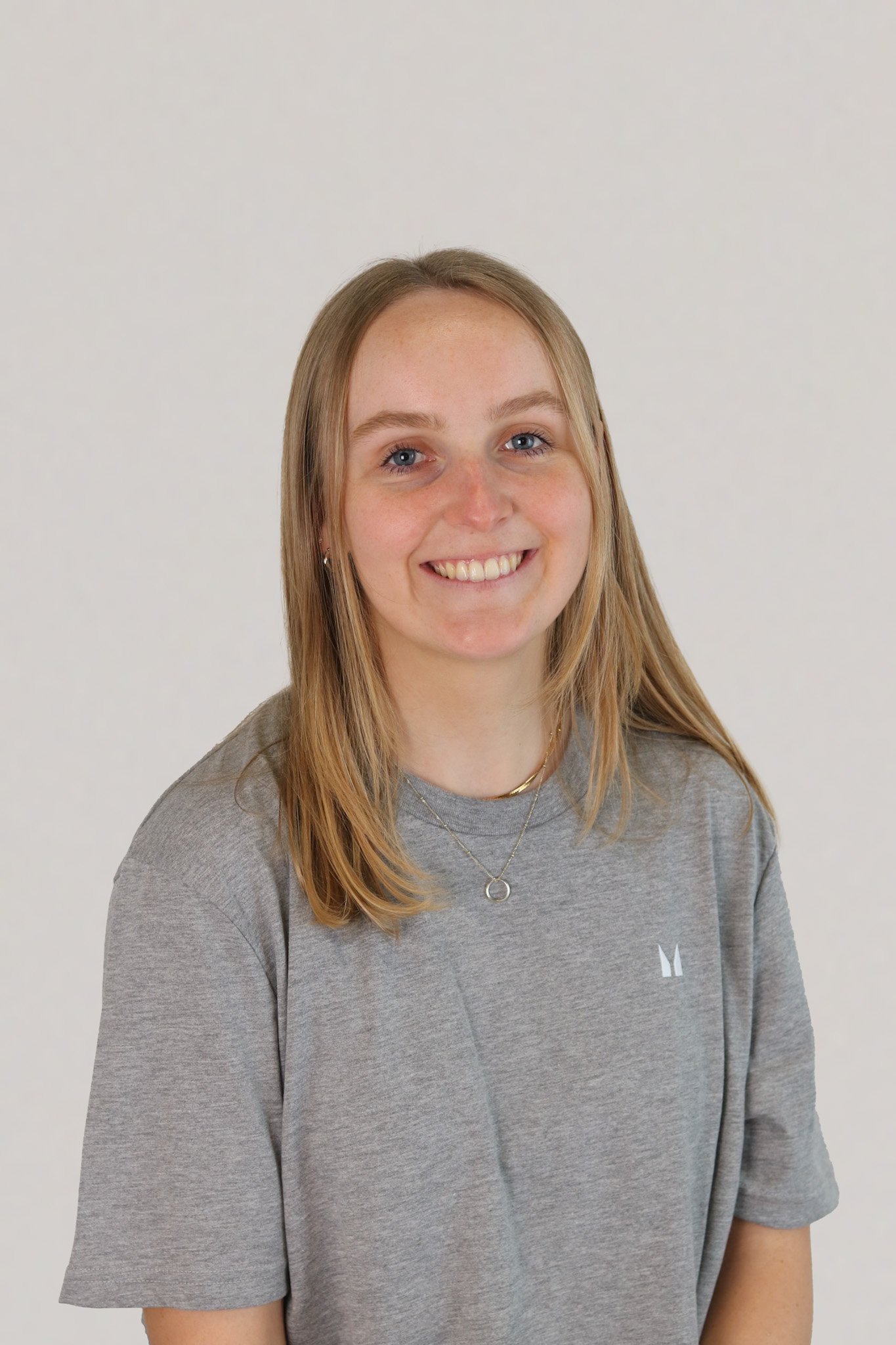
After completing an internship with Myprotein, Emily returned to university to finish her Bachelor of Science degree in Business Management and Marketing.
With experience in lifestyle writing, Emily aims to entertain and educate through her work. Her focuses include recipes, real and inspiring stories, and working with writers to help provide easy-to-digest evidence-based research.
Her work on recipes has been previously featured in The Supplement magazine, with a particular focus on high-protein, nutritious meals, plus advice on how to properly fuel your body.
Outside of work, Emily’s top priority is food. She’s a self-professed star baker and a connoisseur of all things baked. In her spare time, she’s either cooking up a storm, our looking out for the opportunity to try out Manchester’s newest restaurants. But as a huge fan of carbs, if it’s not pasta or pasta-adjacent, she’s not interested.
If she’s not in the kitchen, she’s tucked up with a book for an early night, or you’ll find her in the gym working up a sweat. Afterall, all those carbs require quite the appetite.


